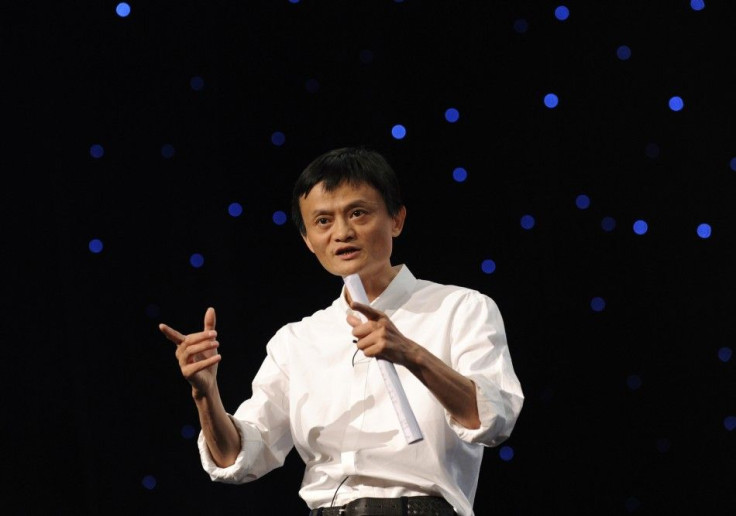Alibaba's New Courier Service, Cainiao Internet Technology, Is Poised To Monopolize Chinese Market

Alibaba, China's e-commerce giant, is poised to take over the market for courier services in the country, threatening competing players such as state-owned China Post and smaller logistics businesses.
Former Alibaba CEO Jack Ma will be the president of Cainiao Internet Technology Ltd., a new joint venture formed by Alibaba in partnership with eight e-retailers and leading courier services, which will operate a national courier service website named China Smart Logistic Network (CSN). The network, with an investment of 5 billion yuan ($816 billion), could monopolize the courier service industry in China in the near future.
Alibaba has already invested 2.15 billion yuan in the company, making it the venture's largest investor, with 43 percent of Cainiao's shares, according to Sina Tech, a Chinese technology news portal. Ma has pledged more: The network will be endowed with 300 billion yuan in the long term, which will be used to build an extensive network of courier services in China.
Courier servicing is a rapidly growing market in China -- in 2012, more than 5.69 billion items were sent with courier services, a 54.8 percent increase compared to 2011, which brought in more than 105.53 billion yuan, a 39.2 percent increase compared to 2011. While the state-owned China Post currently has the largest nationwide courier network, its shares have dwindled rapidly in recent years. In 2012, only 22.8 percent of courier services in the country were handled by China Post, while 75.4 percent were handled by privately owned services, and 1.8 percent by foreign firms. In terms of actual sales, China Post had 28.4 percent, privately owned services had 60.5 percent, and foreign firms had 11.1 percent.
But supply has not kept up with increasing demand. China’s current courier service network is overwhelmed and, as a result, it can often be slow and unreliable. That inefficiency has negatively impacted the sales of Alibaba’s e-retail platforms such as Taobao.com, spurring Ma to set up the current CSN venture, which will pool the networks and resources of all of its partners to build a bigger, more comprehensive courier network. This ambitious project has sparked some concern that China Post and smaller courier servicing companies will be squeezed out of the market.
“This venture spearheaded by Alibaba has the inclination to monopolize the market and compete unfairly,” said Xu Yong, a consultant for China Express & Logistics Consulting, according to Sina Tech. “Taobao.com currently accounts for more than 50 percent of all Internet purchases, while the leading logistics firm, Alibaba, has partnered with us for more than 50 percent of the courier service transactions in the country. With such major players working together, the market will become monopolized, which is unfair to other courier service and e-retail companies.”
Even saddled with the current inefficient courier service system, China's e-retail market has exploded in recent years, reaching 1.2 trillion yuan in 2012, an astounding 64.7 percent increase over the previous year, reports Sina Tech. With the new joint venture, that trend seems poised to increase even further. But it remains to be seen whether Alibaba and its partners are the only ones who stand to benefit.
© Copyright IBTimes 2024. All rights reserved.





















